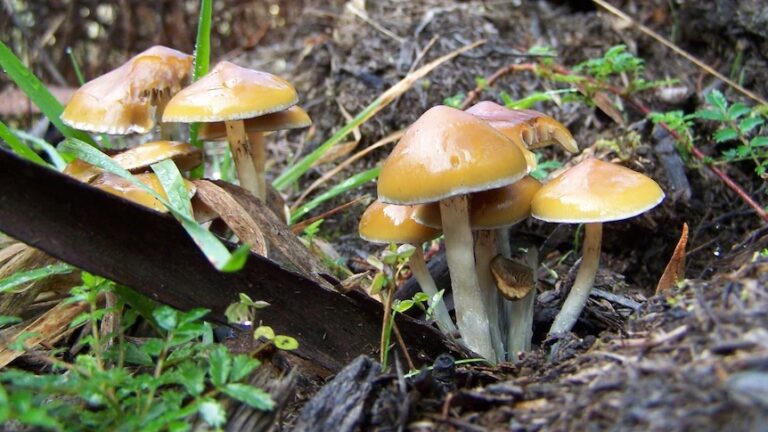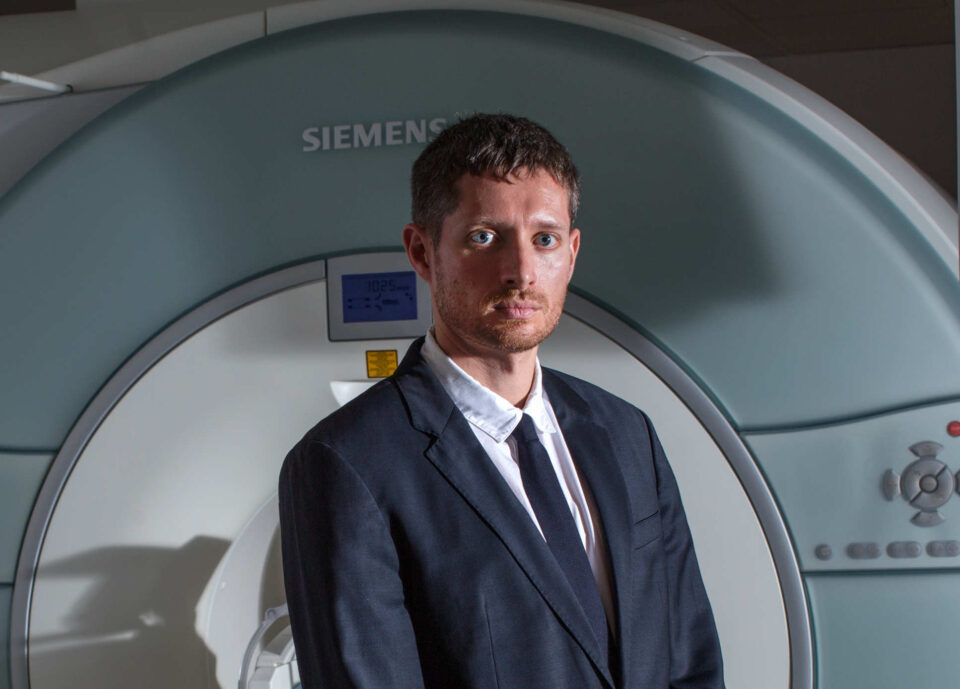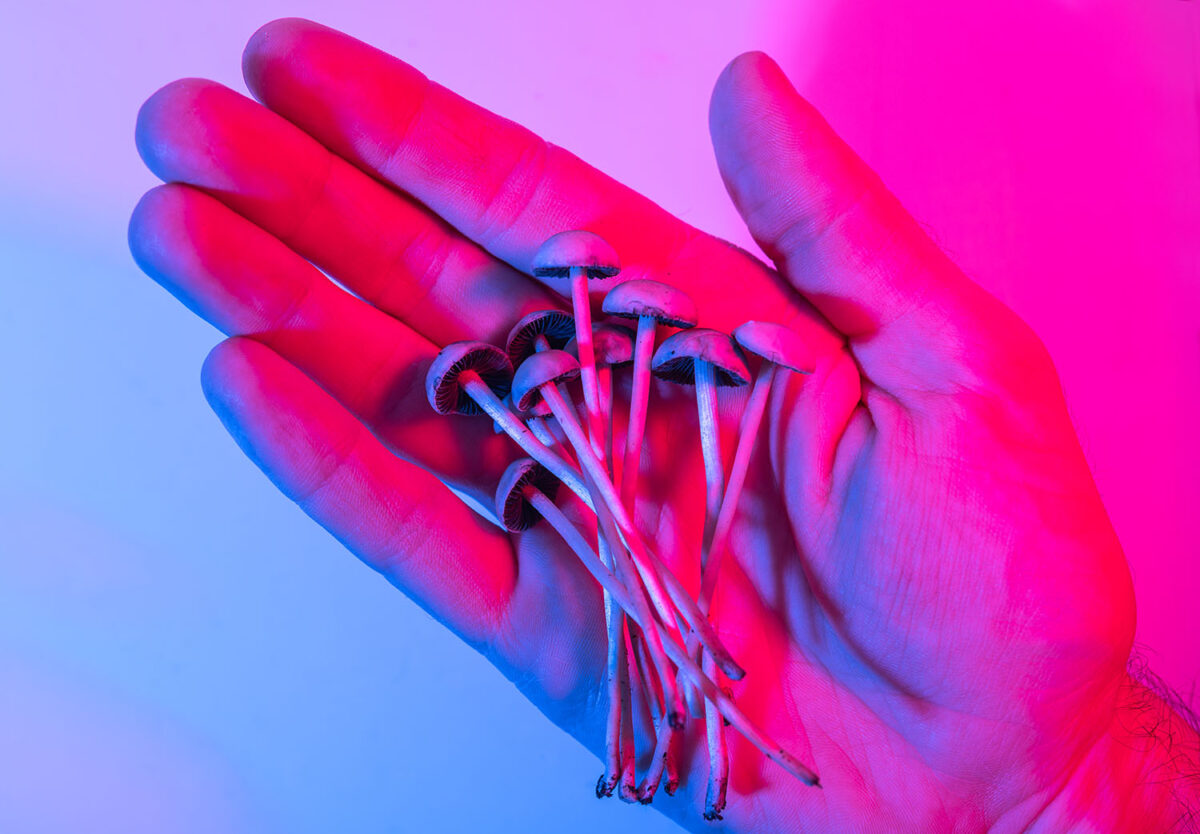As of today, psychiatrists are able to become Authorized Prescribers of psilocybin in Australia, potentially ushering in a paradigm shift in how we treat a whole host of mental health issues. Here’s everything you need to know about this exciting new substance from how to access psilocybin, what psilocybin could do for you, and whether or not it’s likely to live up to the hype…
We’ve been all over the psychedelics and mental health story from the very beginning, keeping you abreast of every twist and turn in the drugs’ journey from hippie hobby to healthcare revolutionary, questioning the real cost of psychedelic therapies, and even trying one or two ourselves…
At long last, psychiatrists in Australia are legally allowed to become Authorized Prescribers of psilocybin. Here, we break down all your burning questions about this potential wonder drug, as well as get you up to speed on what all the experts are saying about the potential highs and lows of psilocybin’s rollout in Australia. In short, we’ve got you covered for the good, the bad, and the trippy. Let’s get into it…
In this psilocybin story…
What Is Psilocybin?
Psilocybin, commonly known as magic mushrooms, is a naturally occurring substance consumed for its hallucinogenic effects. These psychedelic drugs have the ability to impact all the senses, leading to alterations in thinking, perception of time, and emotions.
It’s important to note that apart from recreational use, there has been increasing interest in exploring the potential mental health applications of psilocybin, culminating in Australia’s world-leading move to legalise psilocybin in therapeutic settings after years of lobbying by Mind Medicine Australia (MMA).

Where Is Psilocybin Legal?
Though psilocybin can be legally carried and even cultivated in a small number of countries, Australia has pioneered psilocybin as a means of mental health treatment among developed nations by legalising it for use in therapeutic and clinical settings.
The TGA (Therapeutic Goods Administration) has rescheduled psilocybin from s Schedule-9 “prohibited substance” to s Schedule-8 “controlled medicine”, meaning that the substance can be prescribed as part of therapy in controlled clinical settings for patients suffering from treatment-resistant depression and treatment-resistant post-traumatic stress disorder.
To become an Authorized Prescriber, psychiatrists are required to submit an application to a Human Research Ethics Committee (HREC) and the Therapeutic Goods Administration (TGA).
Where To Get Psilocybin
The legalization of MDMA and psilocybin presents a new and promising treatment approach for patients suffering from treatment-resistant depression and PTSD. However, it’s important to note that access to these therapies will be limited initially as the program rolls out.
Patients & General Public
For patients interested in accessing psilocybin-assisted therapy, it’s recommended you speak with your doctors to express interest and learn more about these promising treatments. While only a few doctors will initially be able to prescribe these substances, it’s important to create awareness among healthcare providers and demonstrate the demand for these treatments.
WATCH: Professor Carhart-Harris on the massive potential of psychedelics.
Healthcare Providers
What will the legalisation of psilocybin mean for the Australian healthcare system? Well, for healthcare providers interested in offering these therapies the most important thing is to undergo proper training.
The Certificate in Psychedelic-Assisted Therapies (CPAT) offered by MMA is the leading course in Australia for healthcare professionals seeking training in psychedelic-assisted therapies (PAT). The course — highly praised by Professor David Nutt as the “best course in the world for educating people about how to use psychedelics” — provides comprehensive training with an exceptional international faculty.
Psychiatrists
Psychiatrists who have completed training in psychedelic-assisted therapies need to go through the application process to become Authorized Prescribers. Once authorized, they will then need to apply to secure access to psilocybin.
To support psychiatrists unfamiliar with the application process, MMA has partnered with Optimi Health — a Canadian manufacturer of GMP psilocybin — to ensure the supply of these substances to Australian psychiatrists. Licensed pharmacists with Schedule 8 permits will be responsible for holding and delivering the medicines in strict compliance with Australian and State/Territory regulatory requirements.

Why The Legalisation Of Psylocibin In Such A Significant Breakthrough
The big question for many on hearing this news is “Will psycolibin’s legalisation actually be a good thing”? Well, according to Professor Carhart-Harris — a world-renowned expert in psychedelic therapy — the answer is a resounding “Yes”.
In his view, psychedelics have a greater capacity to alleviate depression and other mental health disorders in the long term. Unlike SSRIs, these substances are highly unlikely to cause addiction or dependence and are less reliant on the user’s expectation or desire for the drug to work. In other words, the user’s expectations minimally impact Psilocybin’s therapeutic outcome compared to someone taking SSRIs.
The remarkable ability of psychedelics to “hijack” the brain’s inherent plasticity allows them to break free from obsessive and repetitive behaviours associated with mental health disorders. This phenomenon, rooted in the concept of “canalization,” challenges the brain’s entrenched behaviours and thought patterns for daily functioning.
Unlike antidepressants, which can act as placebos to some extent, psychedelics offer a potentially more potent form of therapy.

Professor David Nutt — Head of Neuropsychopharmacology at Imperial College — described this development as “a landmark day for the tens of thousands of Australian families who are blighted by depression”, commending Australia for leading the world in this vital treatment innovation. Tania de Jong — Executive Director of MMA — expressed her satisfaction in similarly glowing terms:
“We are so pleased that some of the immense suffering being experienced in families, communities and organisations around the nation can be alleviated through these transformational therapies.”
Tania de Jong
A Cautionary Note
Exciting as this landmark moment is, it’s important to approach psychedelic-assisted therapy — like any new treatment — with appropriate caution. Healthcare providers as well as patients need to closely monitor outcomes, including any adverse events.
Psychedelic substances do have the potential to cause fear, panic, or psychological damage if administered to vulnerable individuals who have not been adequately screened or assessed, and the vulnerability of patients under the influence of psychedelic drugs necessitates strict adherence to boundaries and safeguards during treatment.

Closing Thoughts
Overall, we’re very excited about this development in mental health treatment here at DMARGE, given the growing problem of men’s mental health in Australia and around the world, as well as the culture of suffering in silence that seems to prevail amongst far too many blokes.
While these new therapies should be approached carefully, anything that has the potential to make people feel better without the risk of a crippling antidepressant addiction is fine by us.
